


Prof. Subhanjan Sengupta
Coordinator, Doctoral Programmes
Assistant Professor of Entrepreneurship, Sustainability and Strategy, BIMTECH (View Full Profile)

As on today, the continuous turbine of economic growth across human civilization has come to a near standstill, as the world struggles to live through the pandemic of COVID-19, investing in the search for a cure, ensuring social distancing, and drastically changing the way we live our day to day lives.
How much of this is temporary and what is here to stay, is hard to say now. There are lots of estimations, predictions, and assumptions out there. While it is true that we have lost much in economic terms, throwing some people in extremely difficult situations, there are certain important changes that we need to take note of right now and urge everyone to reflect upon.
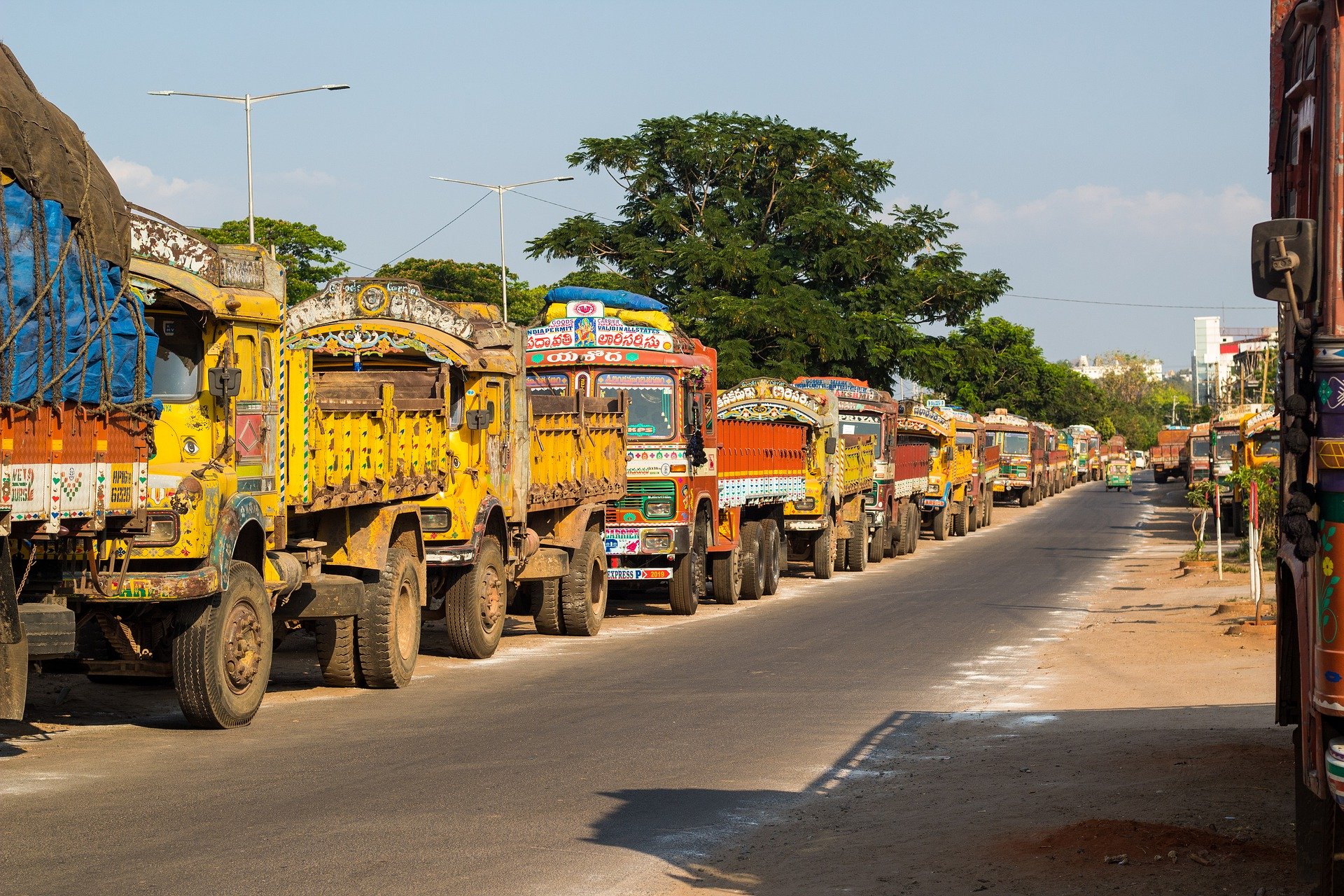
The pandemic has far reaching consequences for people in certain sections of society, such as the informal sector workers in low-and middle-income countries; the informal sector plays a very important role in these countries in terms of keeping the economic turbine running and by employing a major chunk of the working population.
The pandemic has proved to be a nightmare for old people across the world who have been living all by themselves, with no kith or kin around to help them, and hence depending on the charity of neighbors, or the local police, or local hospital, to come to aid.
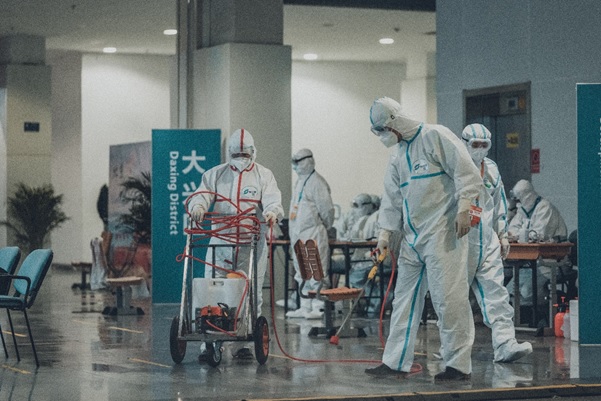
For those in the middle class, which can work from home, they are seeing a different phase in their lives where they realize that so much of work can actually be done from home, that life could have had lesser stress if their employers had understood the efficiency and productivity of work from home.

But, for another section of people in the middle class, whose jobs are not of the kind that can be done from home, they are living each day with anxiety, hoping that they do not get and email or call that they do not have their jobs any longer. Needless to say, we all know that there are many layoffs already happening.
More than ever, we have now realized that certain professions are more valuable than many others which we glorify during usual times, but will not come to our aid when we are in an emergency.
Hence, we have learnt that it is much more important for the world to invest in science and research, in fair and affordable medicine, in technology that is relevant for the basic needs of human civilization and not for some corporations to make loads of money.
We have learnt that when the devil comes knocking at your door, the doctors and nurses are going to save you, and all those other things in your life which you thought were so important, they no longer matter anymore.

Of all that has been revealing to us, there is one thing that glares straight on our face is the massive change that we are seeing in our natural environment. And that is something that should motivate us to take some decisions immediately for ensuring a better natural environment for us and for our forthcoming generations.
To my understanding, to almost every urban dweller in any part of the world, there has been a new revelation in terms of how fresh the air has become and how blue the skies have turned into. There are more birds singing early in the morning

Cities which were dusty and smoky all the time, have suddenly started having crystal blue skies, and the rivers which were seething with industrial pollution, have flushed out the pollutants and new water has taken its place. If you take India as a reference case, about 88 cities in India recorded cleaner air than they ever had, due to the COVID lockdown.
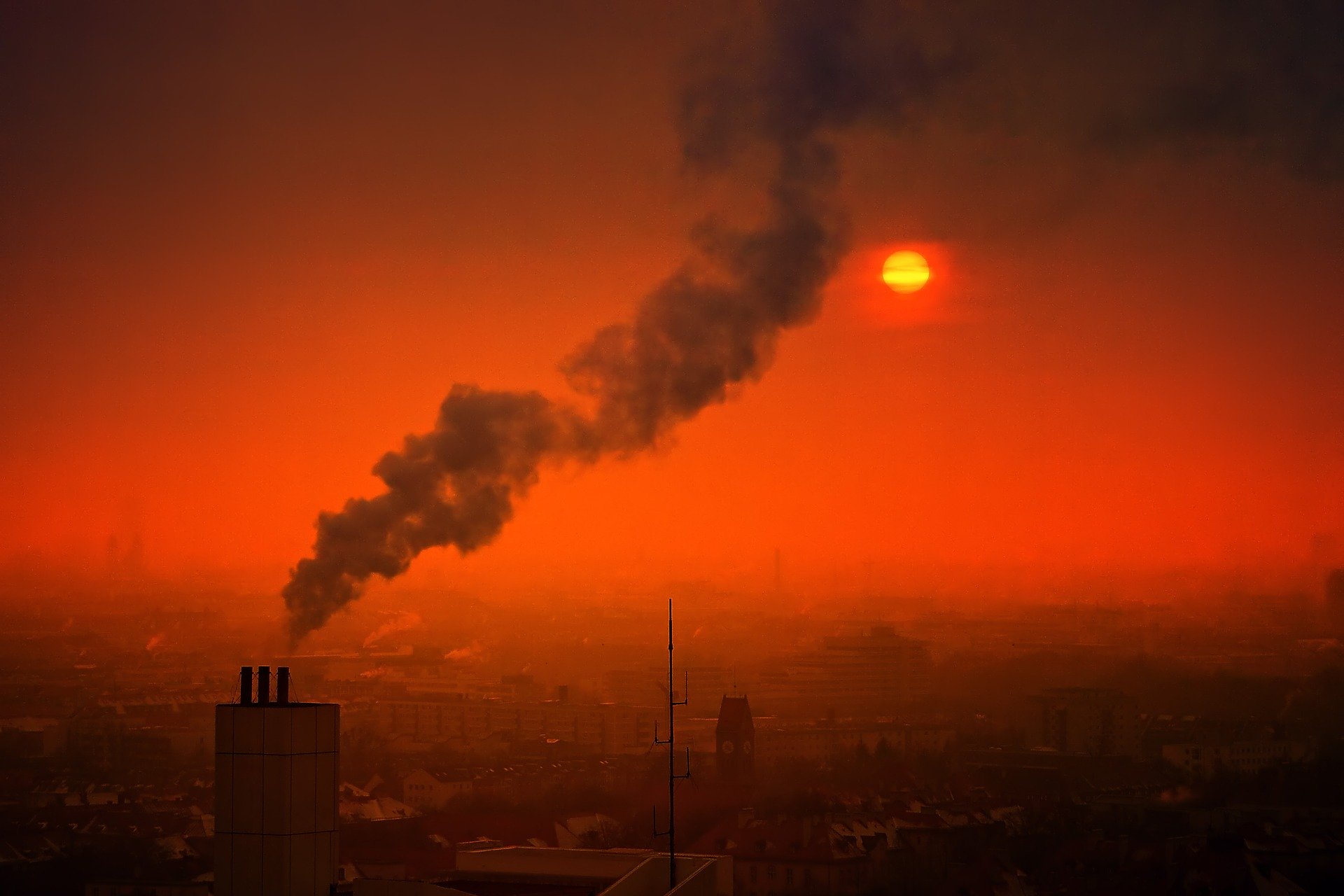
I myself saw that New Delhi, which is one of the top most polluted cities in the world in terms of the dirtiest air that it can have at certain times of the year, recorded a magical drop in pollution, bringing it closer to the air quality in some of the best and clean cities in Europe.
Millions of vehicles which stream the roads every day, and the voluminous carbon emissions spilled out by office spaces and industries, and the spewing clouds of dust and dry cement particles that emit from construction sites, are all gone.
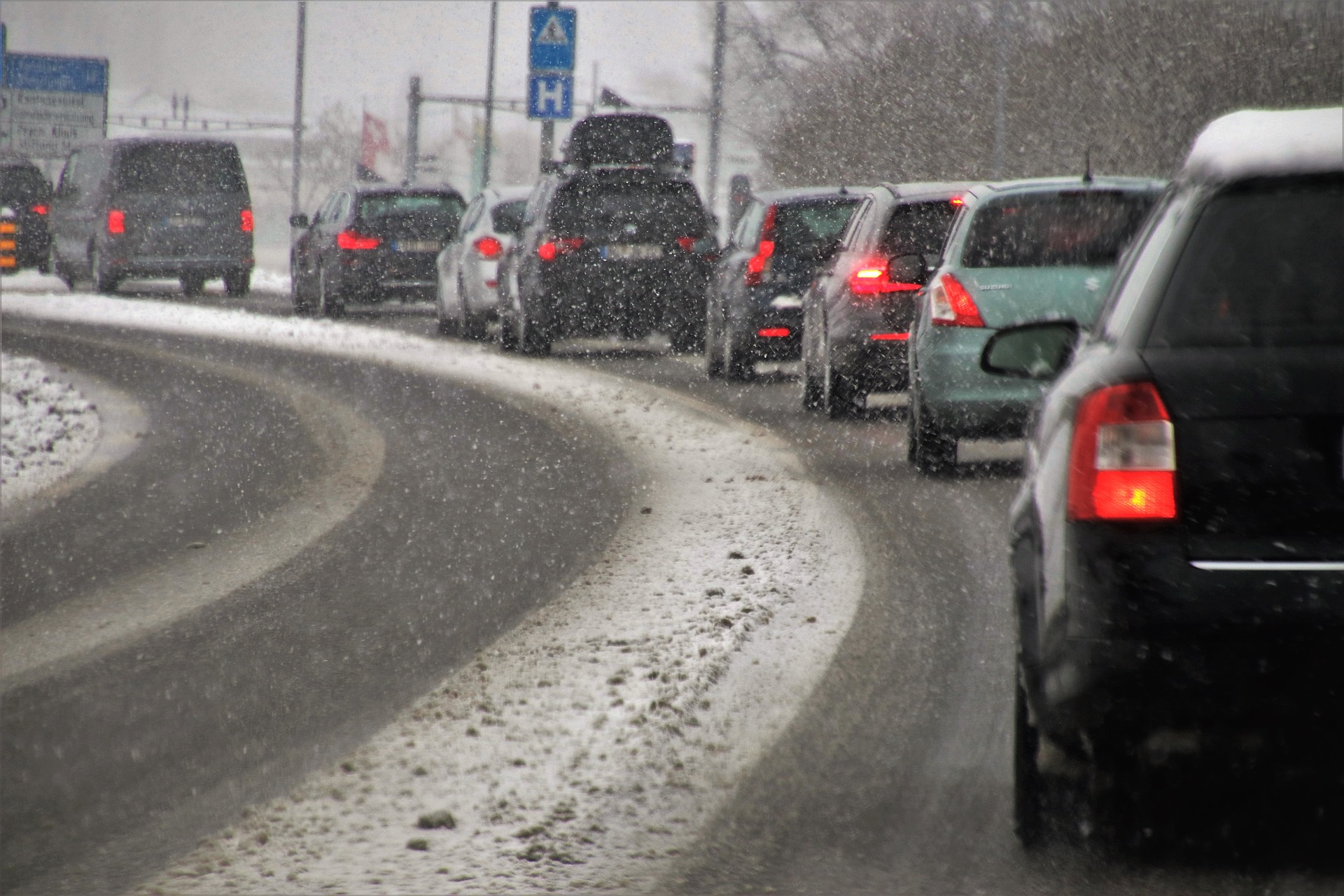
What is needed is a stronger regulation regime to make these industries and construction companies reduce their GHG emissions, to completely revamp the diseased system which allows them to operate despite being drenched in a mountain of debt, and making them accountable for laying off people in the name of losses which is due to the crimes at the highest level. These industries together make billions of dollars in a year; a 14-day lockdown can cause them no harm.
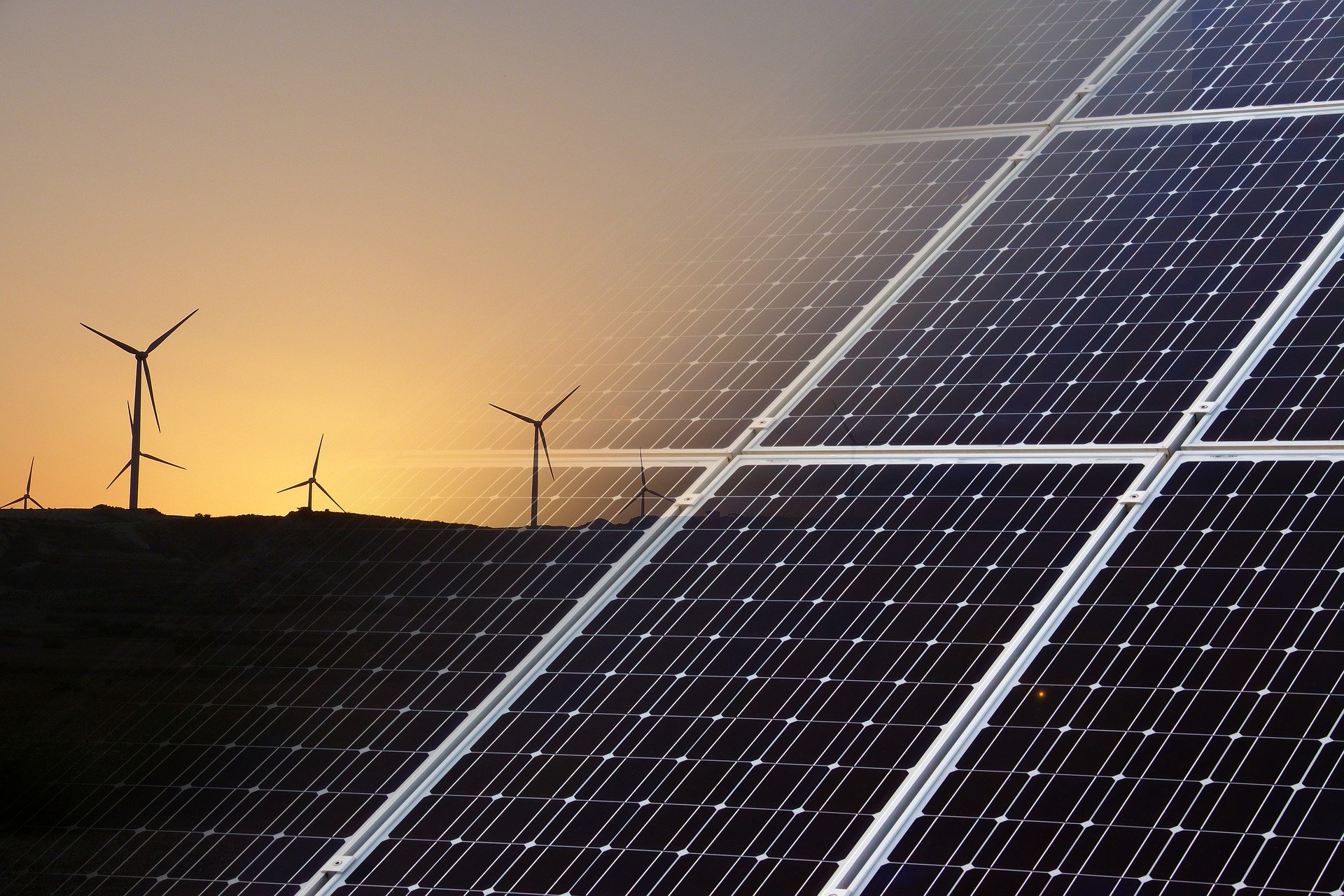
For our human civilization, this underscores the realization that mitigating climate change for sustainable development is not so difficult as we may think it is. The only thing that matters is the collective will of the human civilization to consider what is priority and find ways to deal with it. The natural environment governs our lives as much as the societal and economic environment.
If we have to detox our nature to ensure a more sustainable future, should we have a mandatory lock down for 14 days once every year? To the industrial and the political world at large, this would seem preposterous because such a move will sound as an anti-thesis to their progress. But at the same time, I am sure if there is a global will to bring back our urban civilization to a habitable world by stopping the GHG engine for a few days at least once in a year, the governments and industries can be well prepared for it.
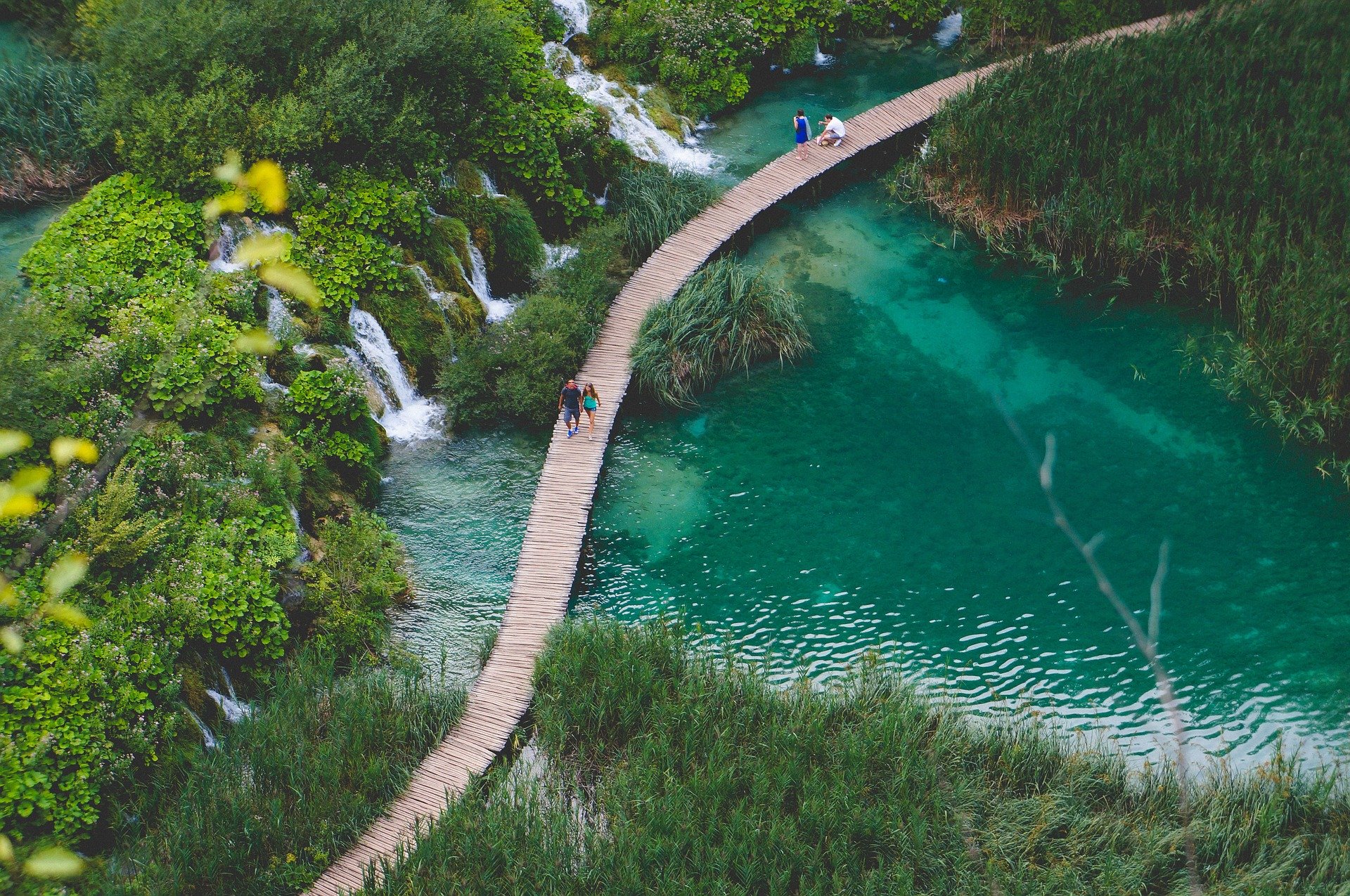
All we need is a strong political will to do so. If we give our planet an opportunity to breathe, we are building a better world for ourselves. After all, as Carl Sagan reminds us, this is “the only home we’ve ever known”. Can we do this? Ask yourself.
#Covid19 #CoronaVirus #Lockdown #Cities












